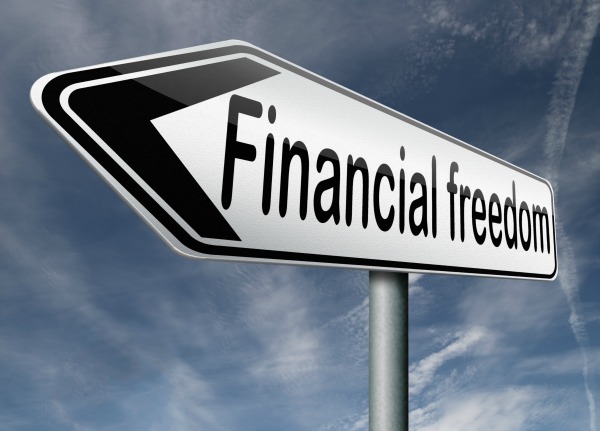Are you financially responsible?

Whether you’re just starting out on your own, or you’ve been supporting yourself for some time, being, or becoming financially responsible can be a challenge. So, here are 6 tips from successful financial advisors for becoming more financially responsible.
1) Balance your checkbook. – By balancing your checkbook after every transaction, you will always know the exact state of your money.
2) Think first – spend later. Ask yourself before you purchase something: Is this a need or a want? If it is a want, try saving for the item first. By waiting, you may find that after some time, you no longer want or need the item.
3) Save consistently. Becoming financially responsible means never spending all the money you have. If you have a 401(K) or savings plan through your employer, take advantage of it. Especially, if your employer offers a match of your deposits! Or, designate a small portion of your paycheck to be direct deposited into a savings account. Once you start this, you probably will not miss the money. Advisors even suggest, increasing this amount (even if it’s just a little), every year. By doing this, you become a habitual saver which will help you reach any long-term goals you’ve set.
4) Save for emergencies. Life happens so it is important to have money set aside for those emergencies.
5) Know your financial net-worth. You should always know, within a few dollars, the current balance of any outstanding loans you have. You should also know the balance or value of any financial accounts or retirement investments or assets. With this information, you can determine your net-worth which will help you make more informed buying or financial decisions.
6) Live within your means. Don’t put yourself in unnecessary debt because you feel the need to keep up with your neighbors or to have the appearance of a certain status. Become content to live within the limits of your income.
Becoming financially responsible is a process. But it starts by making the decision to establish good money habits. By practicing the above behaviors consistently, you will be establishing the habits you’ll need to achieve your short and long term financial goals.